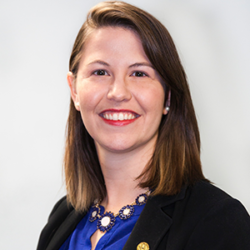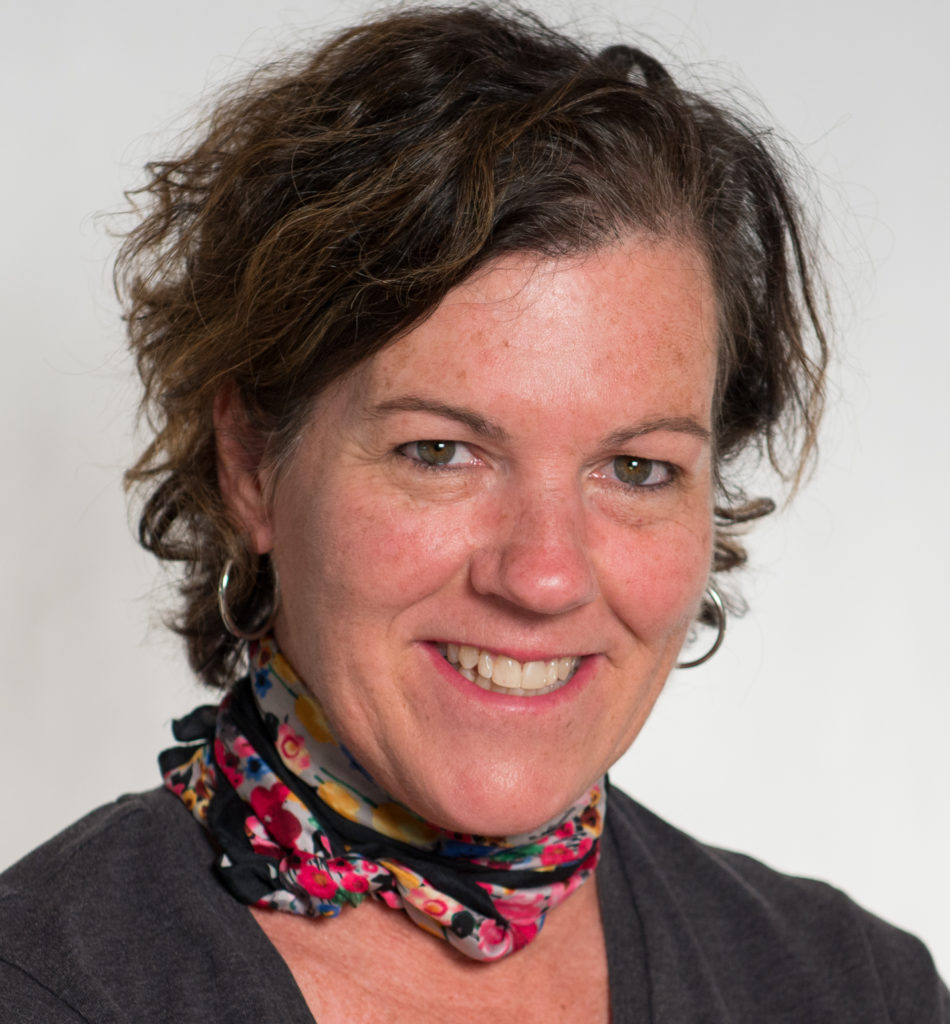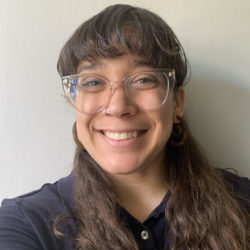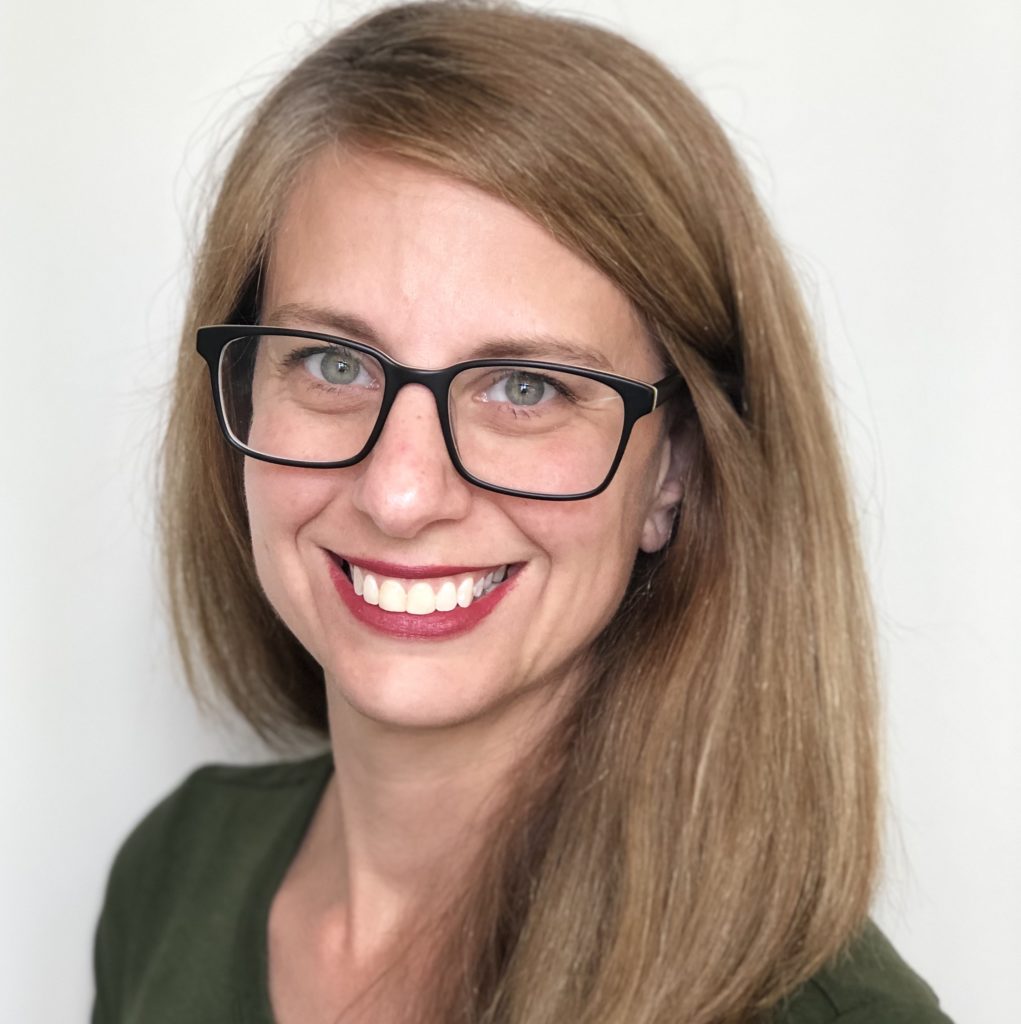Seminario web (Webinar) GRATUITO con sesión de preguntas y respuestas:
Educación Remota Accesible Durante la Pandemia COVID-19
This webinar will discuss how remote education is impacted by the COVID-19 pandemic, panelists will share tools and technology available to ensure deaf and hard of hearing children are not left behind. Panelists will also have the opportunity to review and discuss the NAD’s Position Statement and Advocacy Letter for PreK-12 Remote Education. After this webinar, participants will be more aware of different strategies, advocacy tips, and other resources needed to provide remote education services. [NOTE: Spanish interpretation available.]
- DATE: Wednesday, June 3, 2020, 3-4p EST
- CEUs: while we do not have any RID CEUs for this webinar, the National Deaf Education Conference (NDEC) will provide 1 NDEC CEU (if you’d like CEUs, it will be $11 per CEU)
Este Webinar discutirá cómo la educación remota se ve afectada por la pandemia de COVID-19, los panelistas compartirán herramientas y tecnología disponibles para garantizar que los niños sordos o con dificultades auditivas no se queden atrás. También tendremos la oportunidad de revisar y discutir la Declaración de Posición de la NAD y la Carta de Autodefensa para la educación remota PreK-12. Después de este Webinar, los participantes estarán más conscientes de las diferentes estrategias, consejos de promoción, y otros recursos necesarios para proporcionar servicios de educación remota. [Habrá interpretación simultánea en español por teléfono.]
Puede enviar preguntas por correo electrónico a los miembros de nuestro panel a [email protected] antes del 2 de junio de 2020.
Se proporcionará una Unidad de Educación Continua (CEU) NDEC a los asistentes interesados en obtener CEUs NDEC (hay una tarifa de procesamiento de $11).
Panelists
 Tawny serves as the Education Policy Counsel at the NAD and provides policy consultation on a local, state, national, and global level. She brings experience to the table -- with teaching deaf students of all ages, from during early intervention home visits to post-secondary programs. In addition to her advocacy work, she coordinates the NAD Education Advocates Program. Tawny also teaches at Gallaudet University, focusing on sign language rights and advocacy. She graduated from the Alabama School for the Deaf, obtained her B.A. degree in Deaf Studies and Sociology, an M.A. in Deaf Education, both from Gallaudet University. She later received her J.D. degree from University of Baltimore School of Law. In her free time, she enjoys reading and keeping in touch with her four Deaf godchildren: Avant, Leilani, Oriana, and Talon.
Tawny serves as the Education Policy Counsel at the NAD and provides policy consultation on a local, state, national, and global level. She brings experience to the table -- with teaching deaf students of all ages, from during early intervention home visits to post-secondary programs. In addition to her advocacy work, she coordinates the NAD Education Advocates Program. Tawny also teaches at Gallaudet University, focusing on sign language rights and advocacy. She graduated from the Alabama School for the Deaf, obtained her B.A. degree in Deaf Studies and Sociology, an M.A. in Deaf Education, both from Gallaudet University. She later received her J.D. degree from University of Baltimore School of Law. In her free time, she enjoys reading and keeping in touch with her four Deaf godchildren: Avant, Leilani, Oriana, and Talon.  Janet lives in Boulder, Colorado with her husband Joe and is mom to three daughters, including Sara, who is deaf/hard of hearing. She is a co-founder and Executive Director of Hands & Voices Headquarters. Janet has presented to groups worldwide about the experiences of families as they journey through life with a child with deafness or hearing loss. Ms. DesGeorges is the author on the chapter for Family Support in the NCHAM e-Book, the co-author of the book Educational Advocacy for Students who are Deaf and Hard of Hearing: The Hands & Voices Guidebook, and many other publications. Janet currently serves as a trainer for the Hands & Voices Advocacy, Support and Training (ASTra) Program. As an educational advocate, Janet believes in the principles and guiding philosophies of Hands & Voices towards a parent-driven, professionally-collaborative approach when supporting families in the education years. Professionals and parents can partner together to achieve appropriate outcomes for children who are deaf or hard of hearing.
Janet lives in Boulder, Colorado with her husband Joe and is mom to three daughters, including Sara, who is deaf/hard of hearing. She is a co-founder and Executive Director of Hands & Voices Headquarters. Janet has presented to groups worldwide about the experiences of families as they journey through life with a child with deafness or hearing loss. Ms. DesGeorges is the author on the chapter for Family Support in the NCHAM e-Book, the co-author of the book Educational Advocacy for Students who are Deaf and Hard of Hearing: The Hands & Voices Guidebook, and many other publications. Janet currently serves as a trainer for the Hands & Voices Advocacy, Support and Training (ASTra) Program. As an educational advocate, Janet believes in the principles and guiding philosophies of Hands & Voices towards a parent-driven, professionally-collaborative approach when supporting families in the education years. Professionals and parents can partner together to achieve appropriate outcomes for children who are deaf or hard of hearing.  Claudia is a para-educator at Kendall Demonstration Elementary School for the Early Childhood Education department, working closely with deaf and hard of hearing preschoolers and their families. She graduated from Gallaudet University with a Bachelor of Arts degree in Communication Studies and a Minor in Family Child Studies. After graduation, Claudia had an internship opportunity to work with Ms. Tawny Holmes, NAD Education Policy Counsel, to learn more tools to better support and collaborate with professionals and parents. Claudia was raised by a single hearing mother, who learned American Sign Language (ASL), incorporated Deaf Culture, and engaged with the Deaf community. Claudia believes that it is important to ensure that all families with deaf and hard of hearing children have access to resources they need. She is currently working on a Master’s degree in Early Language Advocacy at Gallaudet University as she aims to become a better advocate.
Claudia is a para-educator at Kendall Demonstration Elementary School for the Early Childhood Education department, working closely with deaf and hard of hearing preschoolers and their families. She graduated from Gallaudet University with a Bachelor of Arts degree in Communication Studies and a Minor in Family Child Studies. After graduation, Claudia had an internship opportunity to work with Ms. Tawny Holmes, NAD Education Policy Counsel, to learn more tools to better support and collaborate with professionals and parents. Claudia was raised by a single hearing mother, who learned American Sign Language (ASL), incorporated Deaf Culture, and engaged with the Deaf community. Claudia believes that it is important to ensure that all families with deaf and hard of hearing children have access to resources they need. She is currently working on a Master’s degree in Early Language Advocacy at Gallaudet University as she aims to become a better advocate.  Lisette has been a teacher of Deaf and Hard of Hearing students for 22 years, primarily at the high school level. She has mentored many other teachers of the Deaf at the Educational Service Center of Central Ohio, where she has worked since 1999. Lisette received her Bachelor of Science degree from Ohio University and her Master’s in Deaf Education from the University of Pittsburgh. In addition to facilitating and supporting mainstream instruction, and managing a large interpreting team, Lisette has been active in the Columbus Deaf community. She has collaborated with Deaf Services Center of Columbus, served as a board member at Deaf Initiatives, and coached students in Academic Bowl. Lisette was the first recipient of the Scouten Internship at Rochester Institute of Technology, has presented at the Make a Difference in Your Future workshops, and taught as an adjunct lecturer at The Ohio State University. Lisette remains driven by seeing her students succeed and advocating for their needs in a variety of challenging academic and social settings. Lisette lives in Columbus, Ohio, with her husband, young daughter, and little dog Zuzu.
Lisette has been a teacher of Deaf and Hard of Hearing students for 22 years, primarily at the high school level. She has mentored many other teachers of the Deaf at the Educational Service Center of Central Ohio, where she has worked since 1999. Lisette received her Bachelor of Science degree from Ohio University and her Master’s in Deaf Education from the University of Pittsburgh. In addition to facilitating and supporting mainstream instruction, and managing a large interpreting team, Lisette has been active in the Columbus Deaf community. She has collaborated with Deaf Services Center of Columbus, served as a board member at Deaf Initiatives, and coached students in Academic Bowl. Lisette was the first recipient of the Scouten Internship at Rochester Institute of Technology, has presented at the Make a Difference in Your Future workshops, and taught as an adjunct lecturer at The Ohio State University. Lisette remains driven by seeing her students succeed and advocating for their needs in a variety of challenging academic and social settings. Lisette lives in Columbus, Ohio, with her husband, young daughter, and little dog Zuzu. Registration
Registration for this webinar has closed, please bookmark our webinars page to note future webinars we have planned.
Policies
- Our webinars are intended to be a safe, secure, and learning environment for all participants with the purpose of encouraging productive discussions
- All participants are expected to conduct themselves in a professional and courteous manner, and to show respect to everyone at all times without any form of harassment.
- The NAD does not tolerate harassment of any kind, including but not limited to: race, national origin, age, gender, gender identity and expression, sexual orientation, disability, physical appearance, body size, religion, or political affiliation. The NAD reserves the right to expel any person who engages in violations of this conduct policy, and also reserves the right to ban such person from future events. No refunds will be given to any person who has been expelled from the conference for violating this conduct policy.
- Anyone can report harassment or inappropriate conduct. If any person’s behavior has made you uncomfortable, or if you witness inappropriate conduct towards someone else, please immediately contact any staff or security affiliated with the NAD.
